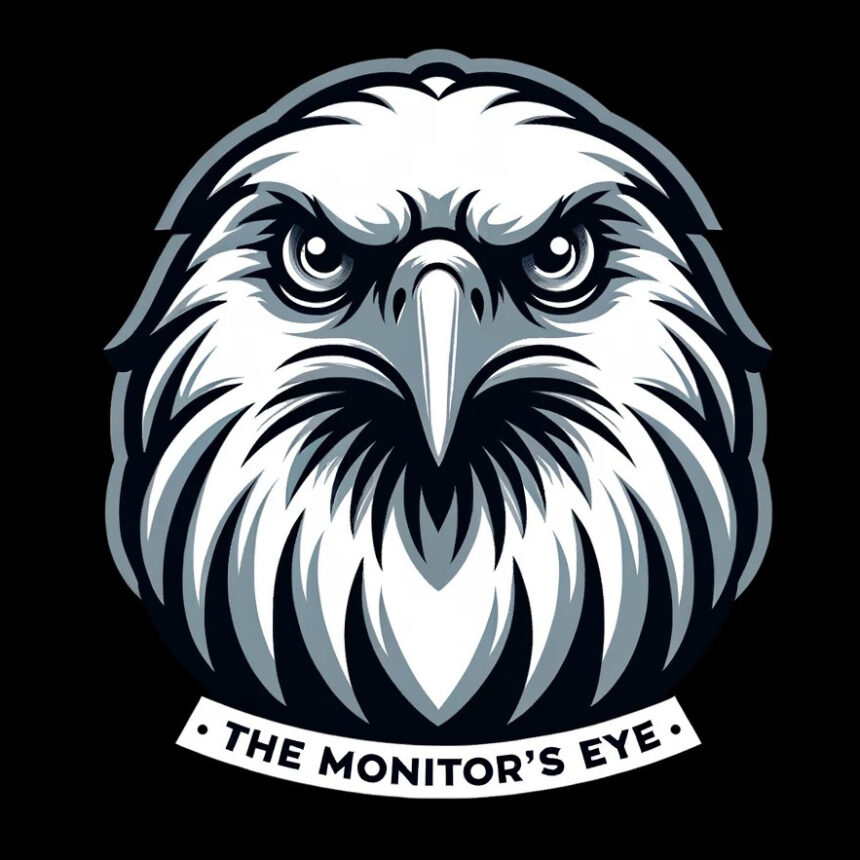The recent incident at the University of Jaffna, where human rights lawyer Swasthika Arulingam was barred from delivering a lecture under threats from pro-LTTE student groups, shines a harsh light on the deeply rooted issue of intolerance towards criticism and dissent in Sri Lanka. This event is not just a reflection of university politics but a symptom of a broader, more troubling pattern of suppressing democratic rights and freedoms across the nation.
Historically, Sri Lanka has seen a consistent pattern of suppression of dissent, whether by political parties, rebel groups like the LTTE and JVP, or various presidential regimes. These entities have often responded to criticism not with dialogue and tolerance but with authoritarian tactics, using their power to silence opposition. The LTTE, known for its fascist tendencies similar to the JVP under Rohana Wijeweera, and various Sri Lankan presidents, including Gotabaya Rajapaksa, are prime examples of this. The downfall of the LTTE and the resignation of Rajapaksa can be partly attributed to their inability to accept and engage with criticism, highlighting the detrimental effects of such intolerance.
The silencing of voices like Swasthika Arulingam’s is an affront not only to individual rights but also to the
foundations of democratic discourse. It contradicts the principles enshrined in the Universal Declaration of Human Rights (UDHR), to which Sri Lanka is a signatory, particularly the fundamental right to freedom of expression. Ironically, the groups and individuals who often champion democracy are the ones engaging in these suppressive acts.
This issue extends beyond student groups and individual universities, signaling a more pervasive problem that affects Sri Lanka’s seats of higher learning and its government. The tendency of the educated youth, expected to be the harbingers of change and progress, to suppress dissenting voices raises critical questions about the direction in which Sri Lankan society is headed.
The incumbent government also bears responsibility for this troubling trend. By either turning a blind
eye or actively engaging in such suppression, it sets a dangerous precedent and tacitly endorses these antidemocratic practices.
This moment should serve as a wake-up call for all stakeholders – the government, educational
institutions, civil society, and the citizenry. There is an urgent need to recommit to the principles of
democratic discourse, creating an environment where diverse voices are not just tolerated but actively
encouraged, and dissent is seen as crucial to a healthy democracy.
Sri Lanka’s journey towards true freedom and democracy is fraught with challenges, but it is a journey that must be undertaken with unwavering commitment. For the future of the nation, it is essential to start this journey now, fostering a culture that values critical analysis and embraces diverse ideologies and viewpoints. Only through such a commitment can Sri Lanka hope to build a more inclusive, resilient, and progressive society.



